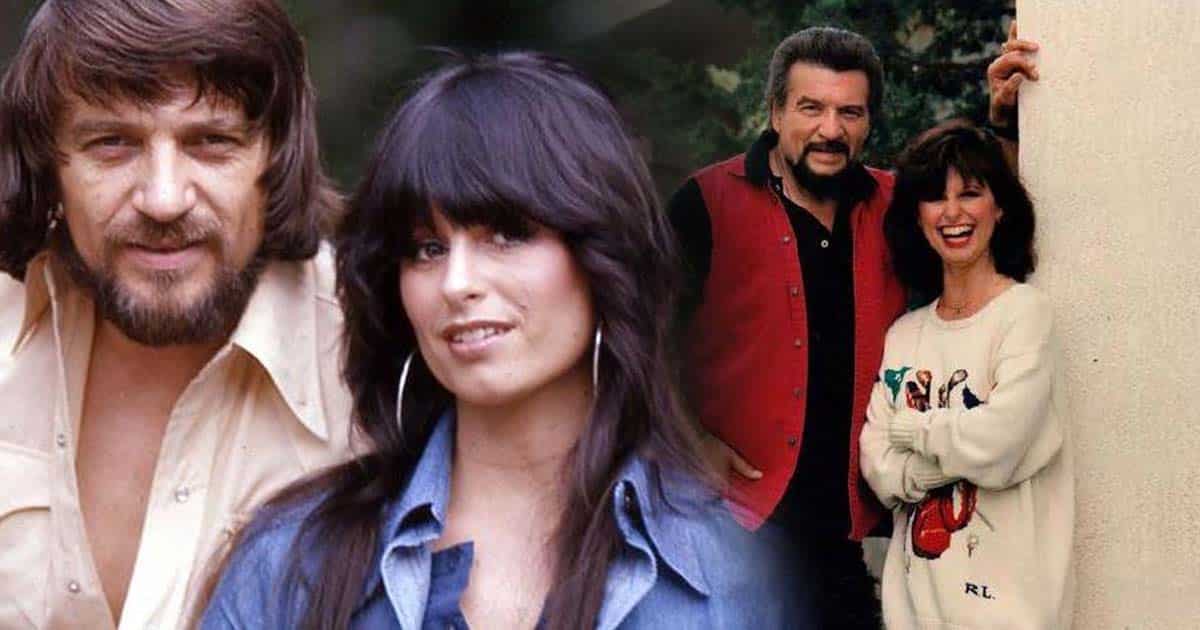
When Waylon Jennings passed away in 2002, the world mourned the loss of a country outlaw, a voice that shook Nashville, and a soul who walked his own road. But for his wife, Jessi Colter, the loss wasn’t just public—it was profoundly personal. She had loved the man behind the legend, the one who whispered songs into her ear late at night, long after the crowds were gone.
In the quiet days after his passing, Jessi wandered through their Arizona home, drawn to the memories he left behind. There was one room she had never entered alone—Waylon’s private writing room, hidden behind an old sliding panel in his studio. It was a space no one else had touched in years. With trembling hands, Jessi opened the door.
What she found left her breathless.
The room was dimly lit by soft desert light, dust settled over shelves of leather-bound notebooks, faded photos of the Highwaymen, and walls lined with guitars that hadn’t been played in years. But at the center of the room sat a weathered trunk. Inside it, Jessi discovered a collection of handwritten letters, most of them addressed to her, some to their son Shooter, and a few marked simply: “To be opened when I’m gone.”
In those letters, Waylon poured out everything he hadn’t said aloud—his fears, his regrets, his gratitude. One note read:
“You gave me peace when my soul was wild. You taught me how to be still. If this is goodbye, let it be one filled with music, not sorrow.”
But the biggest surprise was hidden beneath the letters—a cassette tape labeled “For Jessi.” She played it on the old recorder still sitting on the desk. It was Waylon’s voice, older and more fragile than the world ever heard, softly singing a song no one had ever heard before. A love song. Just for her.
Tears streamed down her face as his voice filled the room, as clear as if he were still there. It was a gift only she was meant to receive—a final, private encore between husband and wife.
That day, Jessi didn’t just find memories. She found his heart. And in that quiet, sacred room, she realized that Waylon Jennings never truly left—he had simply stepped into the next verse, waiting for her to join in someday.